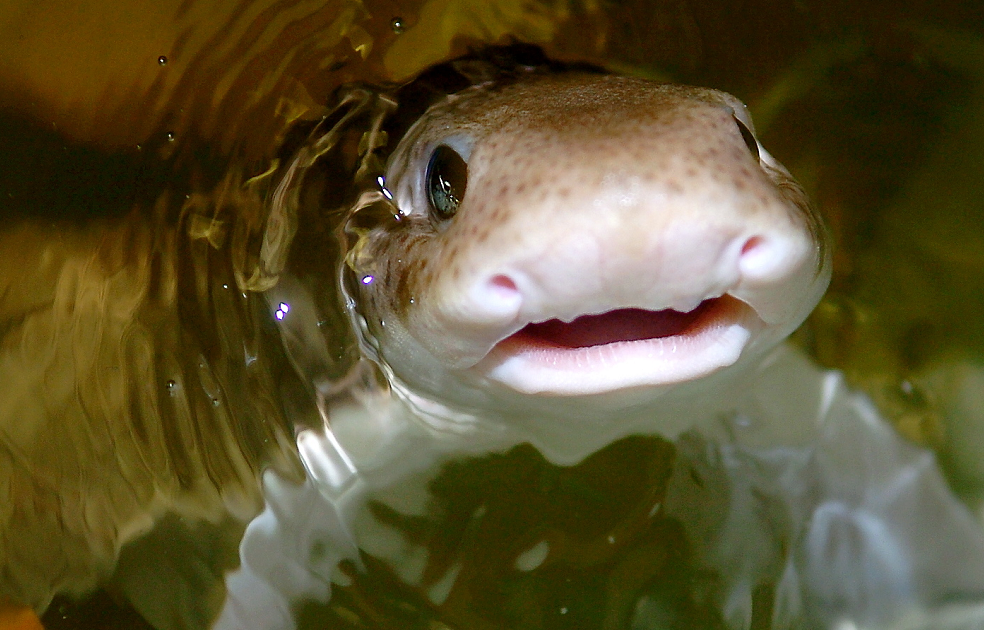They are feared as one of the most ruthless predators in the animal kingdom – and now the killing power of sharks is boosting the battle against cancer.
Scientists from Aberdeen University have secured a patent in the USA for their new immunisation technology which aims to use the animals’ antibodies to blast tumours.
The team from the university’s Scottish Biologics Drug Discovery Facility have already had the work patented all over the world, but the extension to America opens up a much wider field of opportunities for developing the treatment.
Sharks have become increasingly important to cancer scientists, due to special components in their immune systems called Variable New Antigen Receptors (VNARs), which are similar to the antibodies present in humans.
The tiny shark VNARs – a twelfth the size of their human counterparts and the smallest in the animal kingdom – can squeeze inside parts of the body that others cannot, including deep inside solid cancerous tumours.
Once inside, they can deliver toxic, cancer killing drugs directly to the cells within.
The treatment, funded with £1.5 million by Scottish Enterprise and the Biotechnology and Biological Sciences Research Council, might even extend the potency of other anti-cancer drugs from hours to weeks, meaning patients will have to take their medicines far less frequently.
Aberdeen University’s Dr Caroline Barelle, who has a background in drug discovery, said: “Sharks are often considered the most sophisticated and ruthless of predators.
“We hope that by harnessing the power of their immune system we can turn VNARs into the same ruthless killers of cancer cells.”










